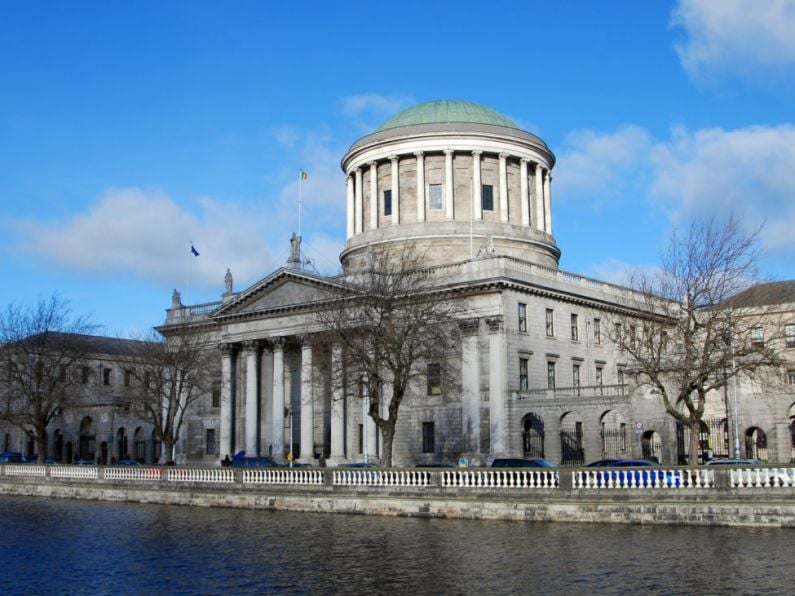A couple have lost a High Court challenge to planning permission to replace an agricultural entrance with a domestic entrance for the house of the manager on the Mount Congreve estate in Kilternan, Co Waterford.
John and Joan Walsh, who live next to the estate, claimed the development will completely invade their privacy and security and knock €100,000 off the value of their home.
They said when they bought their house 15 years ago from the late Ambrose Congreve, who founded the estate which is now in public ownership, they were given a guarantee that the entrance in question would only ever be used for agricultural purposes.
The planning application for the change of entrance type was first submitted in the name of estate manager "Ray Sinnott on behalf of the Congreve Trust" in September 2019.
The Congreve Trust is controlled by Waterford City and Co Council to which the application was made and which granted permission the following November despite objections from Mr and Mrs Walsh. The couple appealed to An Bord Pleanála which also granted permission.
They brought a High Court challenge against the board seeking to have the permission quashed.
Ownership claims
They claimed, among other things, Mr Sinnott was not the legal owner of the site, but it was the trust and there was therefore a breach of the Planning and Development Regulations 2001 requiring written consent of a legal owner to make the application.
They also claimed the board acted outside its powers in failing to consider their objections relating to the validity of the planning application.
The board opposed the challenge. The council and Mr Sinnott were notice parties.
Mr Justice Max Barrett rejected their challenge.
He said the couple were excluded by the rule governing the rights of third parties to assert the rights of someone else in a lawsuit (jus tertii) in seeking to rely on their argument that the consent of the legal owner was required under the planning regulations.
There was no universal right to enforce the particular planning regulation. A person may enjoy legal standing to take a case, as Mr and Mrs Walsh did here, but not enjoy the right to police compliance with that regulation by virtue of not being an affected landowner, he said.
The court also agreed with the board in terms of the substantive points in the case,he said.
However, even if the court was wrong in this, even if the couple had succeeded on one of their criticisms of the board, the court would in any event have exercised its discretion against Mr and Mrs Walsh and refused all of the reliefs they sought.














